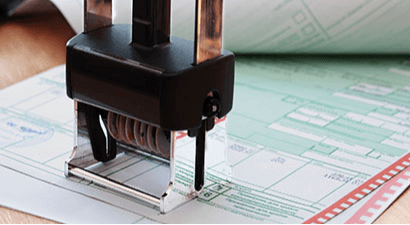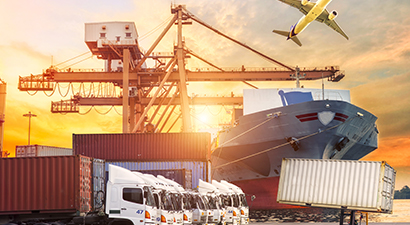Facilitation of registration of excise warehouses in South Africa
Whilst the South African Revenue Service (“SARS” or the “Commissioner”) has of late made great strides in implementation of its electronic RLA system, certain applications, notably those pertaining to registration of excise warehouses in the wine, spirit, beer and fuel industries, remain a manual process.
These applications can appear tiresome and time consuming; however, an organised and systematic approach goes a long way to minimising headaches for applicants. Having undertaken many such applicants on behalf of clients, a useful starting point for any applicant is to have a firm grasp of the specific needs and requirements of its undertaking. This will include detailing the specific processes to be undertaken, for example, whether the product is merely to be manufactured and then stored off site for export or for sale and consumption in the local market, or whether there are additional processes are to be followed, for instance, bottling or canning facilities to be conducted on site, whether any further blending or other manipulation of the product is to be undertaken, and the ultimate movement of the excisable product following its manufacture.
In addition to the relevant provisions of the Customs and Excise Act, No 91 of 1964, as amended (“the Act”), one must also have regard to the Rules which have been promulgated pursuant to the Act, particularly those under Rule 19A which is specifically tailored for excisable products such as those identified above.
Reference should also be made to the relevant External Policies issued by SARS and available on its website (these are updated periodically). Such policies provide guidance on various aspects which have a bearing on an application such as, inter alia, a summary of the movements permitted for the various licenses which can be obtained, the relevant security to be provided to SARS, and reference to concomitant aspects relevant to particular applications, such as those under section 47(9)(iv) of the Act which requires every manufacturer or importer of an alcoholic beverage to apply for a tariff determination before release of a clearance for home consumption of the first importation or before removal from the excise manufacturing warehouse for any purpose in terms of the Act, as may be applicable in respect of that alcoholic beverage.
The relevance of a tariff determination is further underscored when one bears in mind that any commodity, not least of which those such as excisable products, must be properly classified when conducting an operation in which excise duties must be brought to account. Licensing applications therefore must be accompanied by clear details of the nature of the product to be manufactured and its tariff classification, together with supporting documentation such as a description of the particular manufacturing process and warehouse layout. The relevant tariff classification will naturally also have a bearing on the security which will be required by SARS.
The decision to ultimately approve or reject an application for a license to conduct a customs and excise warehouse is at the discretion of the Commissioner. That said, in making such a decision the official tasked with the matter should take cognisance of it obligation to comply with the principles under the Promotion of Administrative Justice Act, 2002 (“PAJA”), so that any decision reached is done so in a manner that is lawful, reasonable and procedurally fair.
As South Africa and key industries such as that of our internationally renowned wine industry look to recover from the negative impact flowing from the COVID-19 pandemic, a smooth facilitation of the registration process for applicants will assist in improving the economic outlook for all.





